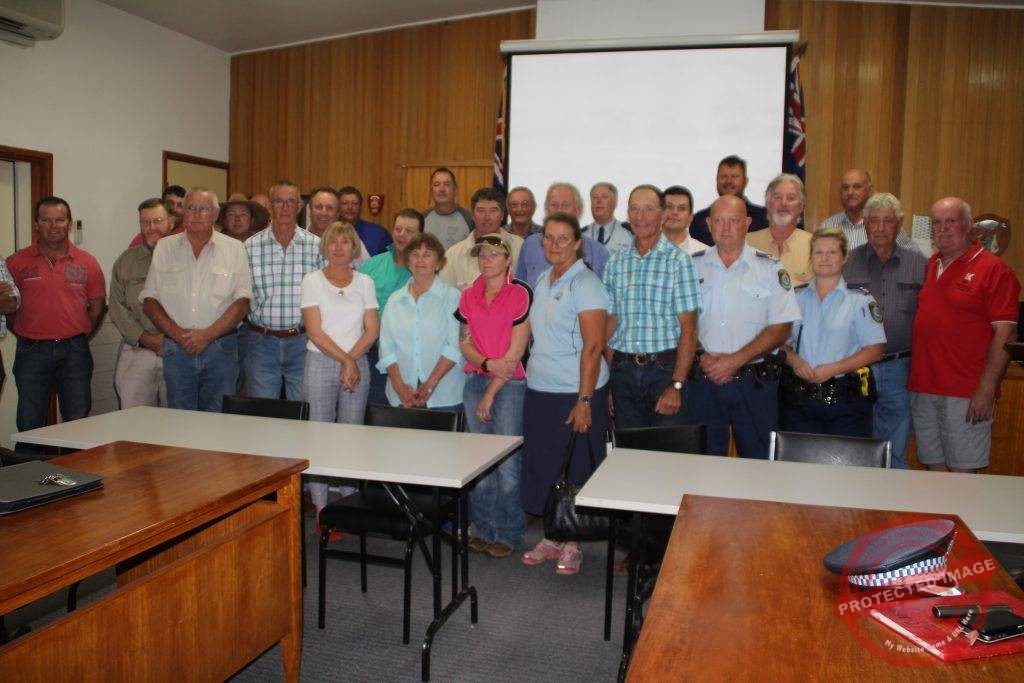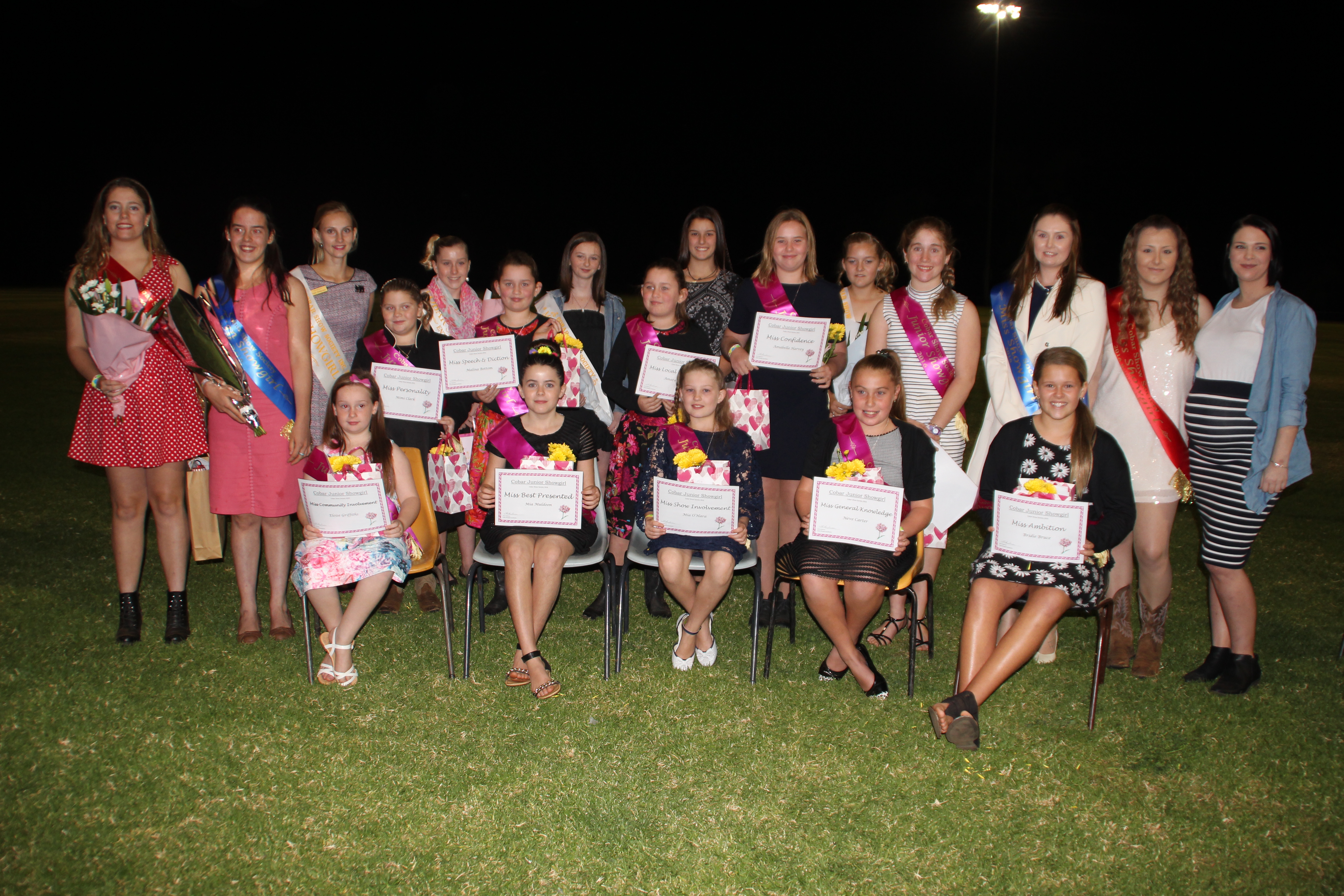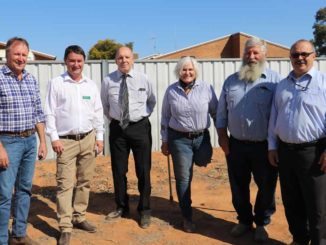
A large group of local landholders who have all been the victims of rural crime met with State Member for Barwon and former NSW Police Assistant Commissioner Stephen Bradshaw last Tuesday.
Over the past two weeks Mr Humphries and Mr Bradshaw have been holding meetings in Ivanhoe, Broken Hill, Wilcannia, Nyngan, Bourke, Walgett, Coonamble and Cobar to gain feedback for the Rural Crime Advisory Group.
“There are a number of issues that need to be addressed and we want to hear directly from the people affected as to how best address them,” Mr Humphries said.
“Specifically we’ll be looking at managing rural trespass and theft, appropriate penalties, the powers of police and the roles of landholders and the community in combatting the issue.”
Cobar Shire councillor Greg Martin helped to facilitate the Cobar meeting last Tuesday which was attended by more than 20 landholders.
“It was good to see a wide representation at the meeting with landholders from Nymagee, Canbelego and the surrounding Cobar area,” Cr Martin said.
“Similar issues were raised at our meeting as had been raised by landholders at other western area meetings, including goat poaching, illegal pig hunters, trespass and stealing livestock.”
A number of landholders spoke about individual incidents that had occurred on their properties.
Mr Bradshaw said one of the problems in fighting rural crime is that the majority of rural related crime incidents are not being reported to police.
The meeting discussed the current offences and penalties relating to stock theft and trespass. Landholders were invited to comment on whether or not they thought the penalties were adequate to address the impact on their businesses.
The meeting called for stronger penalties to be imposed and, in particular, called for the seizure of vehicles similar to fishing legislation.
Cr Martin said landholders were unanimous in requesting that new legislation be introduced that would be a stronger deterrent to offenders.
Landholders were also questioned to see if they thought police and staff of other relevant agencies were appropriately empowered and trained to investigate and prosecute stock theft.
Many landholders called for police to be further trained so that they can have a better understanding of the rural industry.
Landholders were also asked if they believed the current system under which stock are identified, transferred and sold is effectively protecting their property interests.
Cr Martin said during the meeting landholders were warned of the consequences if they overreacted if they came across a trespasser, poacher on their property.
He said they could be held liable for their actions as well as the thieves/poachers.
It was noted the Cobar Shire area has a lot of absentee land owners, and with no families living there, it makes these properties, and their neighbours more exposed to being victims of rural crime.
Cr Martin said the locals felt that rural crime needs to have more focus on it.
He said one property owner commented that if a similar number of thefts were happening in Sydney, “It would be all over the media”.


